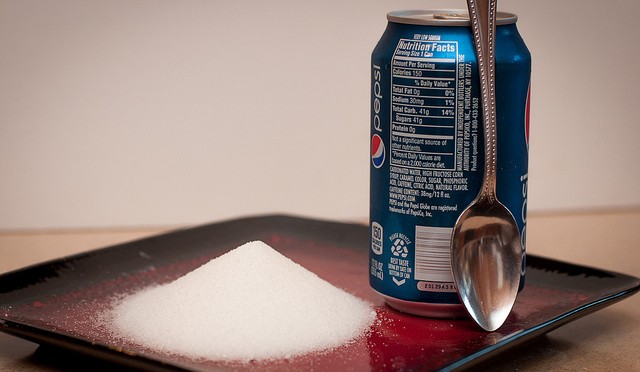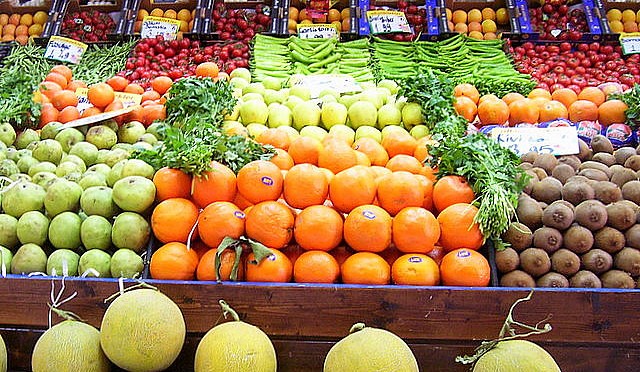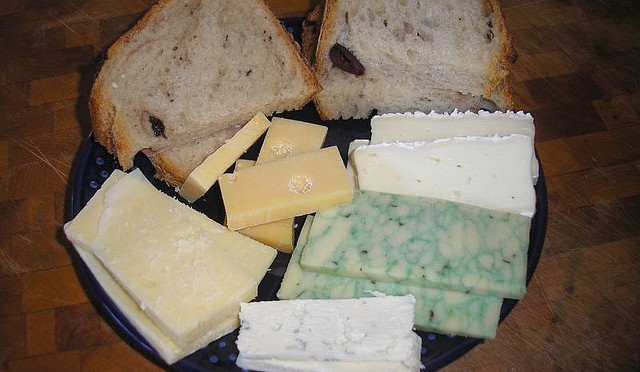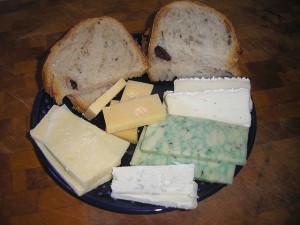The USDA recently released new dietary guidelines, part of which highlight the importance of reducing sugar intake.
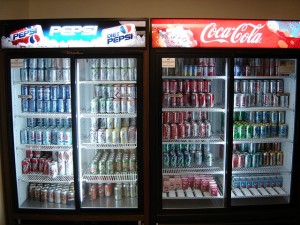
One source of excessive sugar intake seen across the globe (and particularly in a Western-style diet) is in sugary drinks, including soft drinks. Soft drinks have been linked to increase abdominal fat, leading to increased risk of obesity, diabetes, and other dietary-based diseases.
A new study published in The Journal of Nutrition: Nutritional Epidemiology examined the relationship between nonalcoholic beverage consumption on waistline measurements and odds of obesity in Spanish adults.
2181 participants were followed for 10 years and were between the ages of 25 and 74. Weight, height, waist circumference, dietary and exercise habits were determined using self-reported questionnaires.
Beverages included in the analysis were: soft drinks (including carbonated soft drinks), fruit juice, whole milk, skim milk, and low-fat milk.
Important Findings:
- 100kcal increase in daily soft drink consumption was associated with 1.1cm increase in waist circumference.
- Swapping out the daily 100kcal in soft drinks with 100kcal of whole milk or 100kcal of fruit juice was associated with a 1.3 and 1.1cm decrease in waist circumference, respectively.
- Increasing soft drink consumption led to increases in waist circumference compared to abstaining from consuming soft drinks all together.
- Increased soft drink consumption was positively associated with an increased risk of obesity.
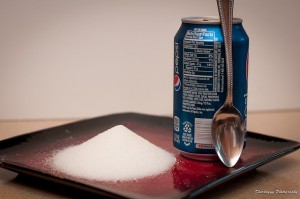
Overall, this study indicates that daily soft drink consumption is positively associated with the waistlines of Spanish adults. In other words, consuming soft drinks daily led to increased waist circumference and also increased risk of obesity over a 10 year period.
Important to note: there are about 140 kcal in one can of regular soda, so according to this study, it takes less than one can of soft drinks per day to increase waist circumference in adults.
The study did not distinguish between diet and “regular” soft drinks.
The results of this study support the new USDA dietary guidelines and suggest that excess sugar intake, particularly in the form of daily soft drink consumption, should be avoided.
Source:

